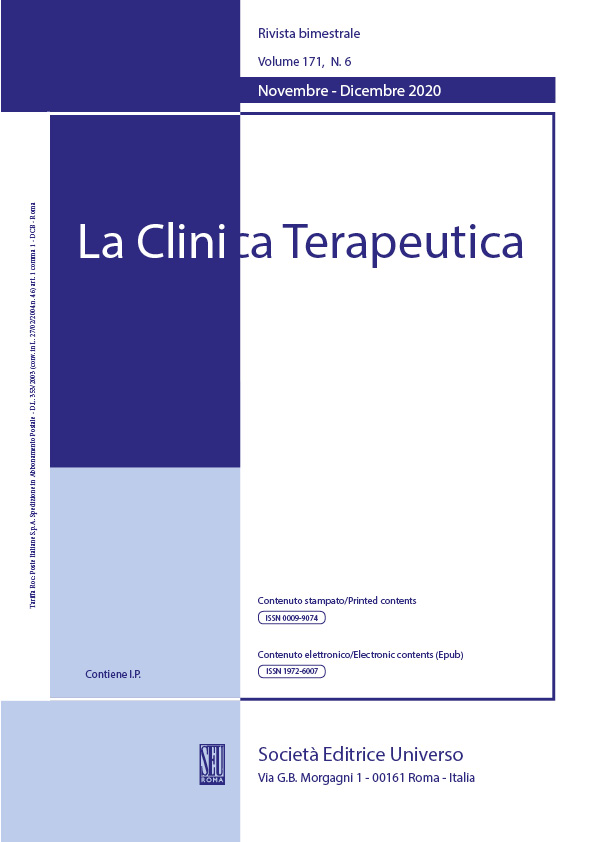Abstract
Abstract
Nurses working rotating shifts (RS) are at risk of circadian rhythm disruption, which can affect sleep quality and can lead to emotional stress, anxiety, and depression. Aerobic exercise is a type of repetitive and structured physical activity that involves the metabolic system, which utilizes oxygen to produce energy and has been demonstrated to improve shift-workers’ health and well-being. The main purpose of engaging in regular moderate-intensity aerobic exercise is to improve cardiopulmonary fitness and functional capacity. When engaging in moderate-intensity aerobic exercise, the increase in arterial pressure is accompanied by a simultaneous increase in heart rate, which significantly contributes to the rise in blood pressure, which is reversed after exercise due to an increase in parasympathetic activity and a decrease in sympathetic activity. Moderate-intensity aerobic exercise includes walking at a moderate pace, water aerobics, dancing, recreational swimming, gardening, table tennis, and stair climbing at a moderate pace and represents a cost-effective health promotion strategy for improving sleep quality and duration. Adherence to a moderate-intensity aerobic exercise program may increase both sleep quality and duration by improving melatonin concentrations, endocrine activities, heart rate and slow wave sleep among nurses working RS. Occupational medicine practitioners should consider creating a workplace health promotion program that incorporates moderate-intensity aerobic exercise for RS-nurses to minimize the impact of shift work on their sleep quality.
